Royal Mint boss: 'Bitcoin is not a rival, we serve those who want backing of gold'
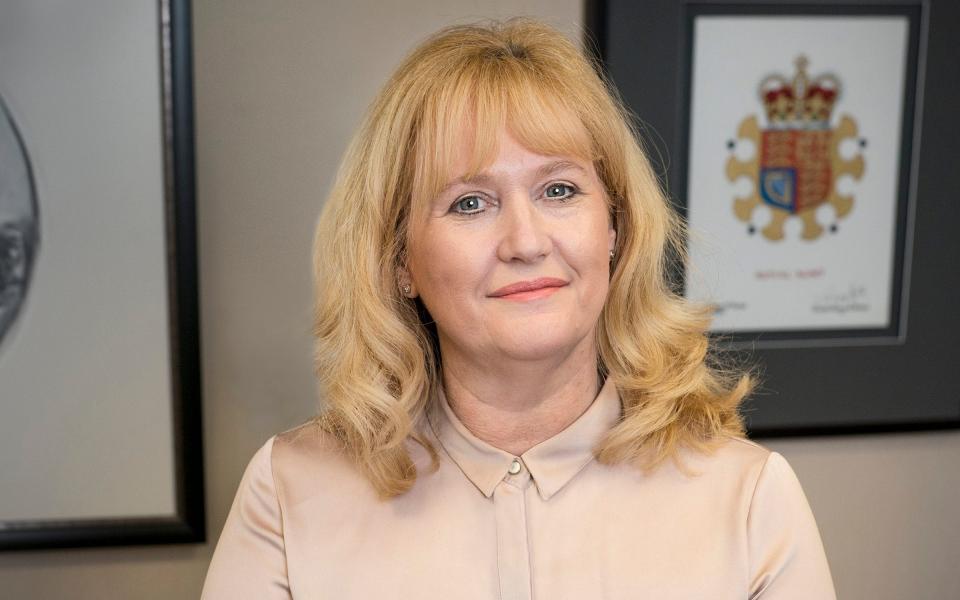
Rishi Sunak has so much to occupy him that the threat of losing a hand could easily have been overlooked.
Thankfully, Anne Jessopp, the chief executive of the Royal Mint, says the Chancellor, who doubles as the institution's ceremonial master, should not fear the ultimate sanction imposed in centuries past when the nation's coinage failed tests of weight, size or precious metal content in the Trial of the Pyx that dates back to 1282. "I feel sure that my boss won't have anything to worry about," she says with a laugh.
The arcane annual ritual that takes place in London's Goldsmiths' Hall offers an indication of how long the 1,100-year Mint has been around. But even the 50th anniversary of decimalisation this week feels like ancient history as lockdown hastens the dash towards a cashless society and Elon Musk stokes another Bitcoin boom.
Surely Jessopp, the Mint's first female boss, is spending more time agonising over the quantity of the nation's loose change, not its quality, as she grapples to find a workable business model while society becomes used to no longer fiddling for coins.
"In my mind, there will be less cash, not cashless," she says, on a Zoom call in which her screen is captioned "Ambitious Anne", a leftover from a staff motivational session. Cash usage plunged going into the first lockdown last March, as the Government advised retailers to minimise contact around transactions.
Jessopp reports a slight rally since then and is keen to point out the antiviral properties of copper. Still, her estimate as restrictions are wound down is that markedly fewer coins will be used for payment. "We think that in the UK and around the world it might have taken a step change of about a 20pc reduction, but we don't really know. I think the one thing that the pandemic has told us is we can't predict the future anymore."
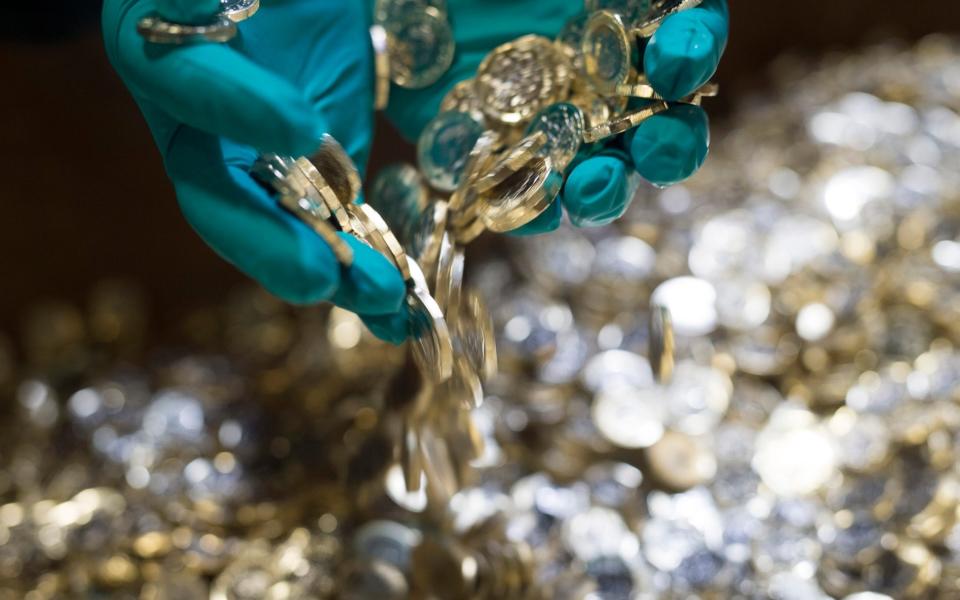
As an example, a knock-on effect has been that fewer low-denomination coins have been put back into circulation, "so we have actually been making some… which wouldn't have been planned and wouldn't have been normal to do". Coinstar coin-counting machines that are a regular source of shrapnel supplies have been quieter and Jessopp suspects coin jars have been topped up at home. "Sometimes when times are tough for people financially they go back to cash," she adds, hopefully.
The Mint, a limited company wholly owned by the Treasury, must track usage trends closely. In the year to last March, it still issued 588m UK coins, although this was down by more than half compared to three years earlier when it churned out 800m new version £1 coins - and a £14m group profit. Somewhat surprisingly, Jessopp thinks the financial year ending next month will see the Mint back in the black after a spell of small losses.
Gold offers silver lining
That's because most of its money is made today from commemorative coins and collecting. Coins remembering rock band Queen among others have helped to build the Mint an international customer base. Its visitor attraction at the 35-acre site in Llantrisant, South Wales, opened around the clock so people could strike their own Brexit 50p. Declaring that "our coins are little pieces of art", Jessopp is moving upmarket with higher value ranges, such as 5kg ceremonial gold coins and trade sales including a rare Edward VIII sovereign sourced for a customer that went for a record £1m.
Three years on from her appointment as chief executive, she insists not everything the Mint does is about trying to make a pretty penny. "We really want to commemorate important historical events and even if those aren't a massive commercial success we will do that because it's important for us that people who collect would be able to get that coin from us."
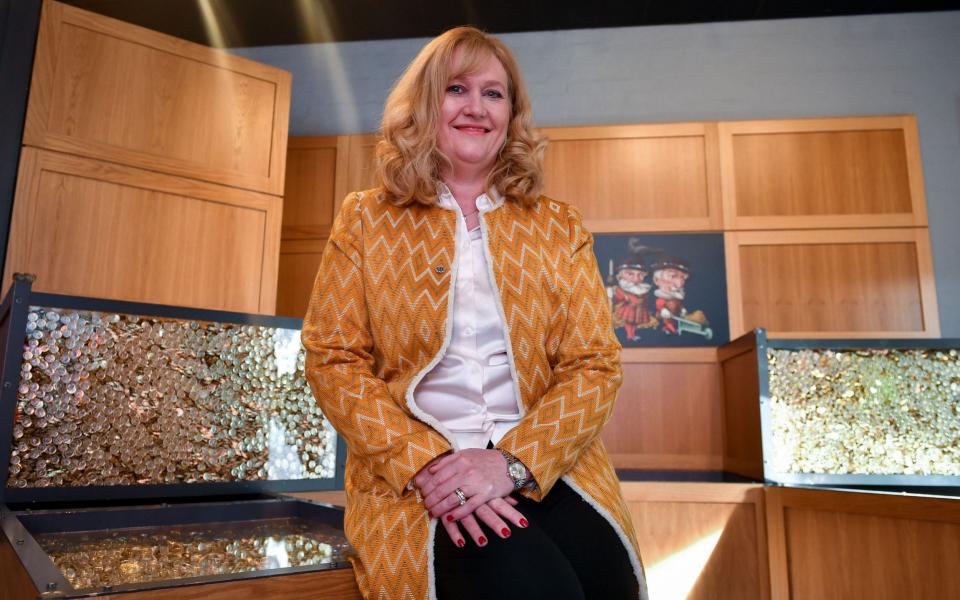
The third business division suggests the future isn't just catering for nostalgics and hobbyists. Soon the Mint will install capability to make gold bars. Its 1g and 5g bars, manufactured externally, did well over Diwali and Christmas and millennials have flocked to buy the precious metal through them. Putting its name to a gold-backed exchange-traded commodity last February was fortuitous just as investors were hunting for safe havens.
"We're not trying to compete with Bitcoin, we are for a whole different market that really wants to know they've got the physical backing of gold," Jessopp explains. That means investors can withdraw their bullion from the Mint's vault at any time.
She makes the factory floor - which has remained open through the pandemic - sound like a slot machine arcade in parts. "In circulating coin, the guys are watching the coins spill out of the presses. And then in commemorative coin, they'll be doing one at a time looking through an eyeglass and making sure it's absolutely perfect. We've got two real extremes of manufacturing."
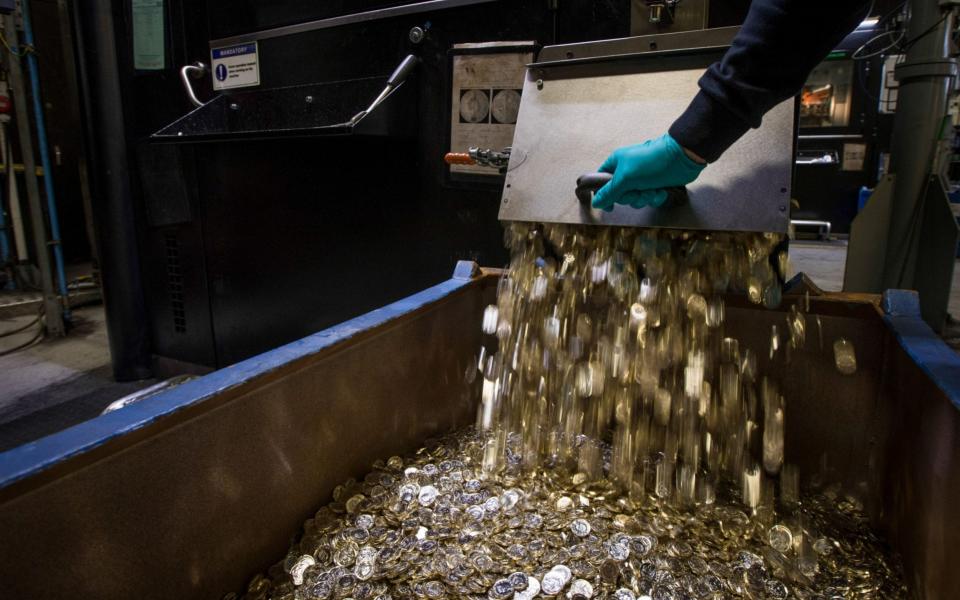
Joining the boys' club
Jessopp was prepared for life in a male-heavy industry as one of the first girls in a boys' school that was turning co-educational. Her father, who ran his own joinery and double-glazing firm in Preston, fostered her interest in business and a careers talk on human resources pointed the way. Jessopp was unimpressed by the approach to HR at Rolls-Royce in Derby but found a role model at her next employer, the consumer goods group Procter & Gamble, and the die was cast.
She joined the Mint as HR director in 2008, eager to work in Wales because her Welsh husband had a bout of "hiraeth" - a deep longing for home. It was the year before the Labour government raised the prospect of privatisation as it tried to raise cash from state sell-offs following the financial crisis. The move wasn't popular - and went no further than creating a limited company in 2009 - but Jessopp had to calm fears among the 800-strong workforce.
Today with Graham Love as chairman - the numbers man who profited handsomely when the state's defence research unit QinetiQ was sold off - could the Government revisit privatisation if her diversification plan works? "I doubt it very much, but I genuinely don't know," Jessopp says.
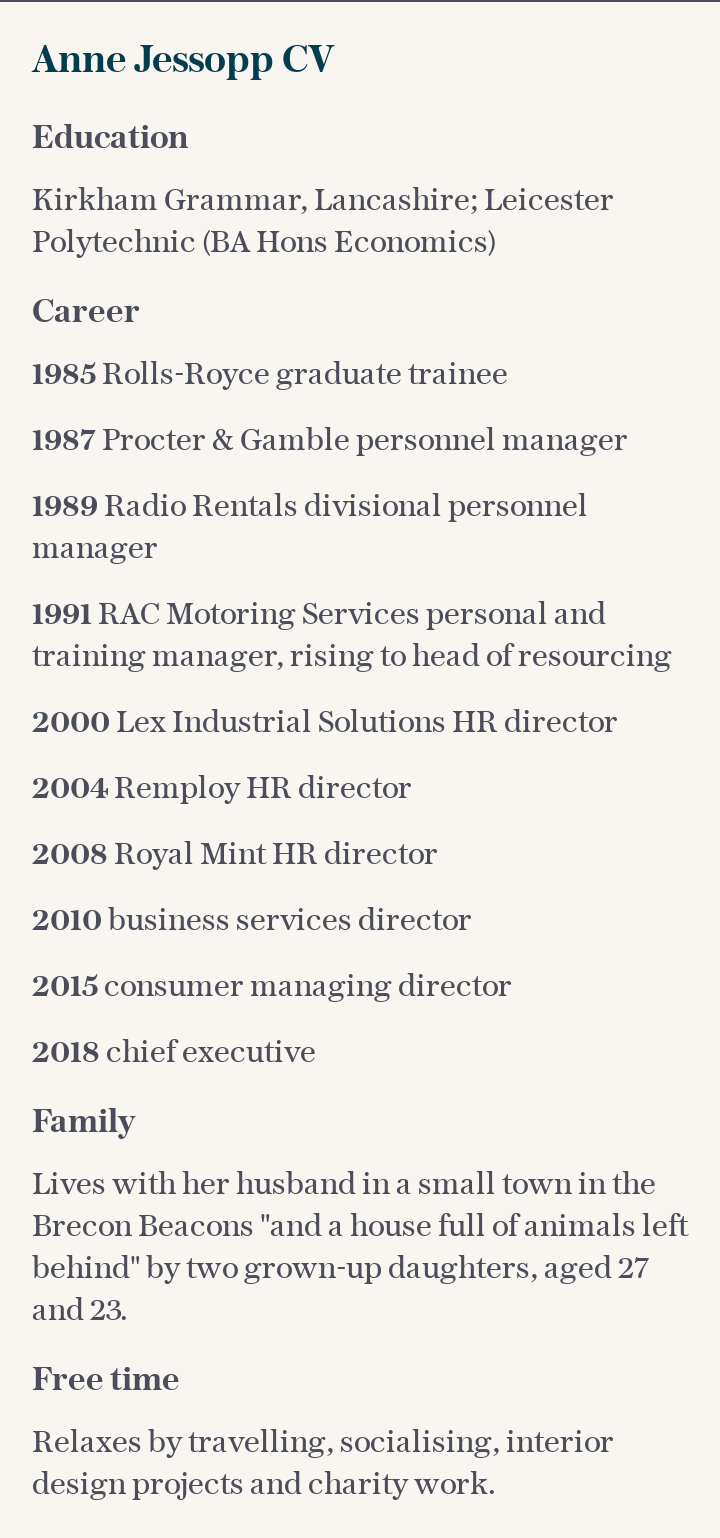
She has a clearer idea of why so few chief executives have emerged from the ranks of human resources. "It's all those things about people recruiting like for like and who the chair was… I would hope that going forward people can come from any function. It's about the skills that you use."
One of her skills has been to internationalise the Mint. Last year it supplied 3.4bn coins and blanks - the round discs that are made into coins - to 25 countries including Ghana, Egypt and Iceland, in some cases producing coins to replace low-value banknotes. It means that even though manufacturing and distributing UK coinage generated just £24m last year - 4pc of the Mint's overall revenue - the division for which it is most famous is still growing.
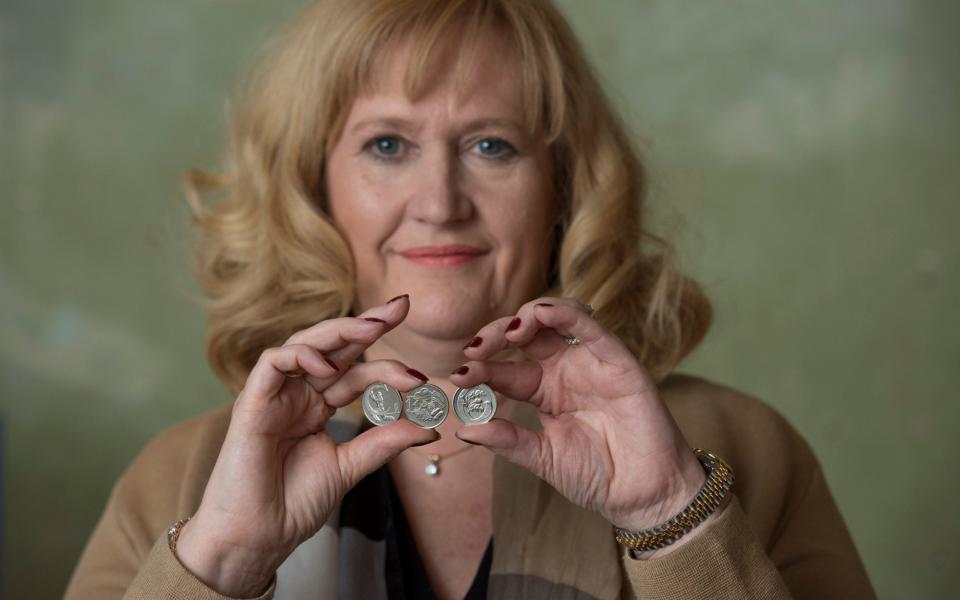
Cashless society?
The Bank of England consulted last year on plans to replace the current wholesale cash distribution system - operated by the Post Office, the major banks and their commercial contractors - with a single entity designed to safeguard access. Jessopp points to hi-tech nations such as Sweden which have legislated to protect the cash supply for fear the old and vulnerable could suffer if it disappears. "A number have looked at that and said we need to just rein back and make sure that actually we have got some cash as well."
The decision to decimalise the UK currency and scrap shillings and old pence precipitated the Mint's relocation to South Wales from London just over 50 years ago. Jessopp regards the anniversary as "a point for us to look forward". If that's the case, does she think consumers will be still be clinking coins in their pockets 50 years from now?
"Well, will there be shops?" she shoots back. "I don't know. It's a very long time. A significant number of years ahead there will still be coins, yes." It is a reminder for Sunak, as he surveys the pandemic fallout with both hands intact, that not just how we spend but where we spend is changing too.
